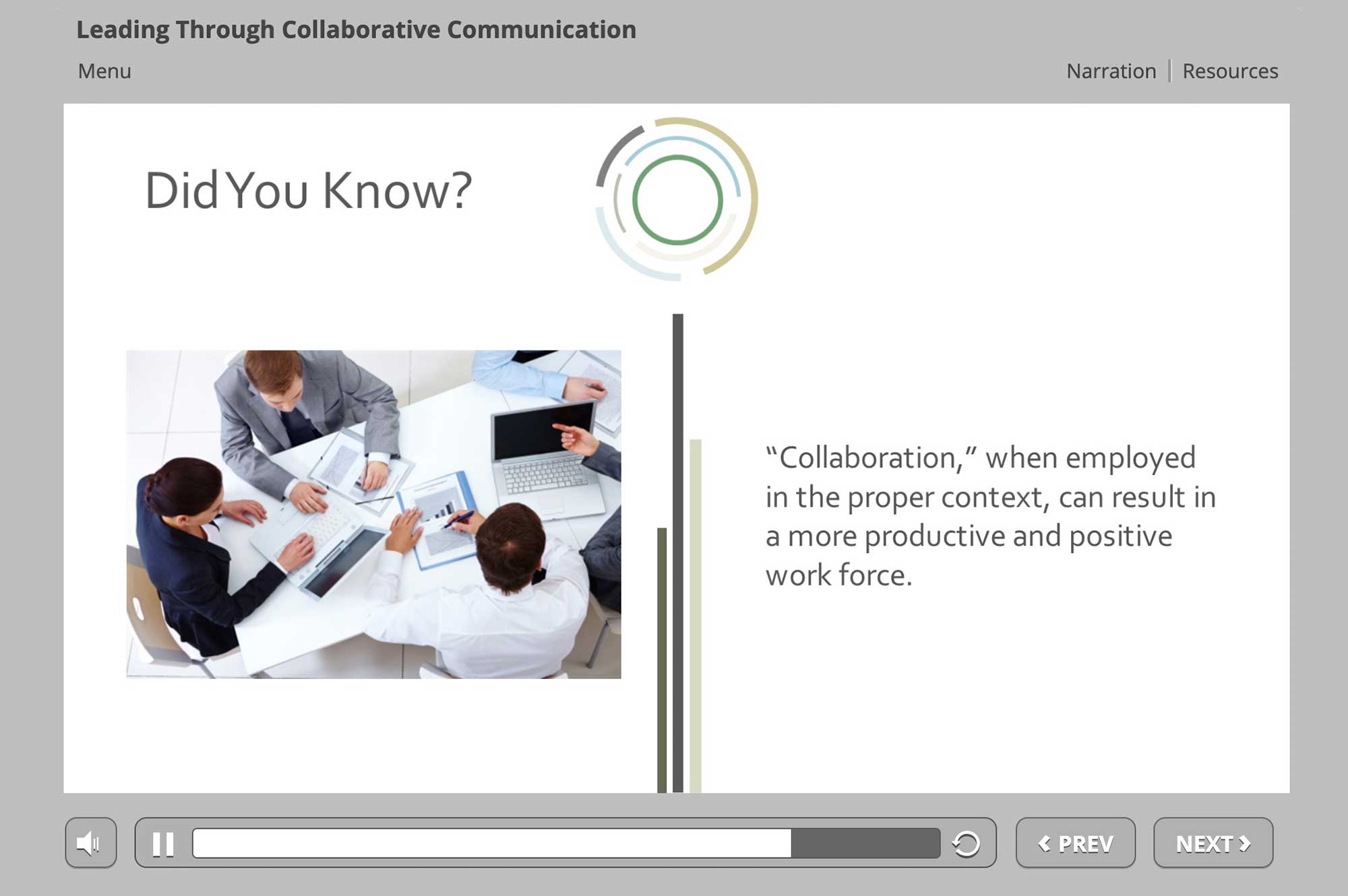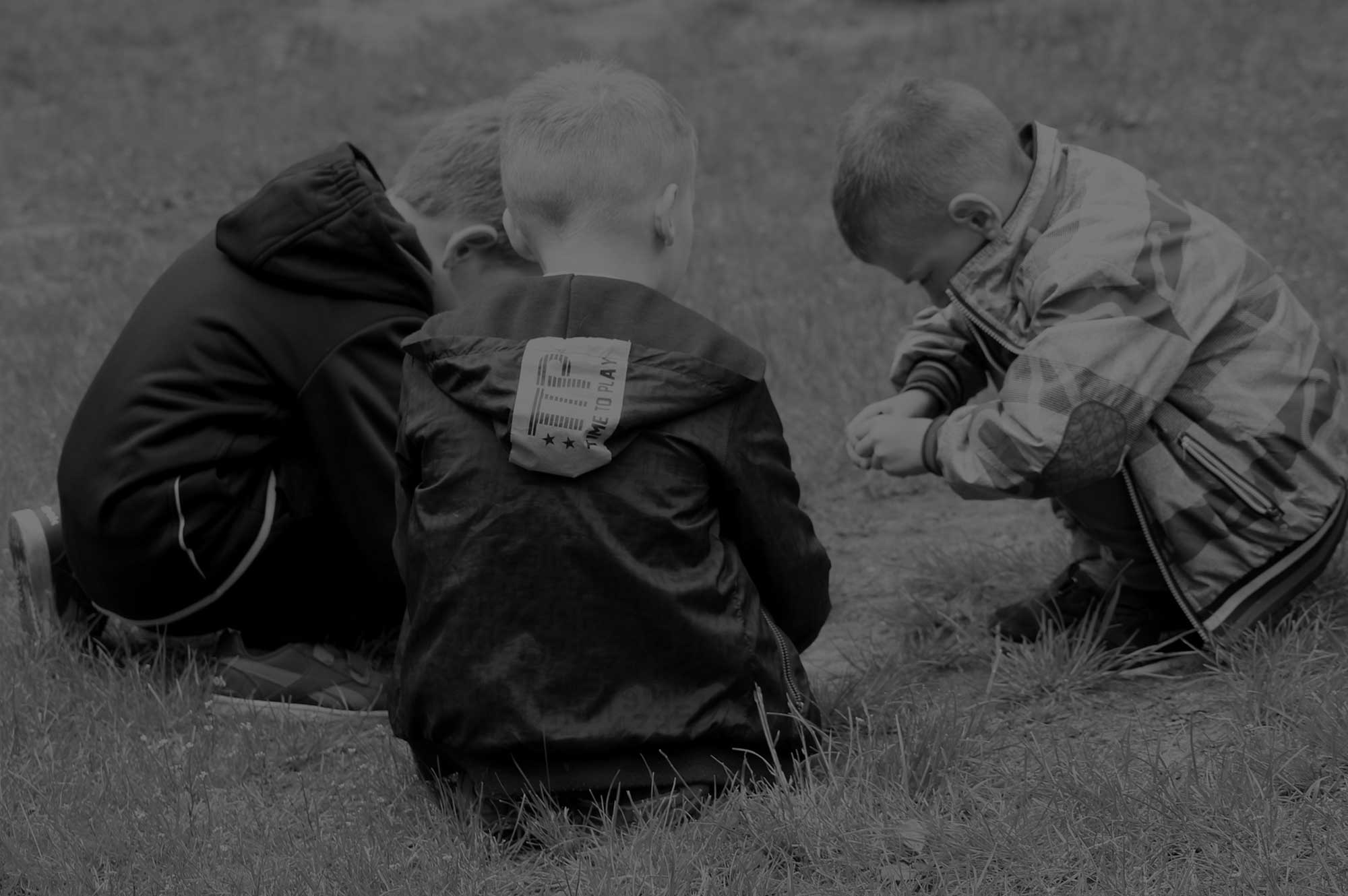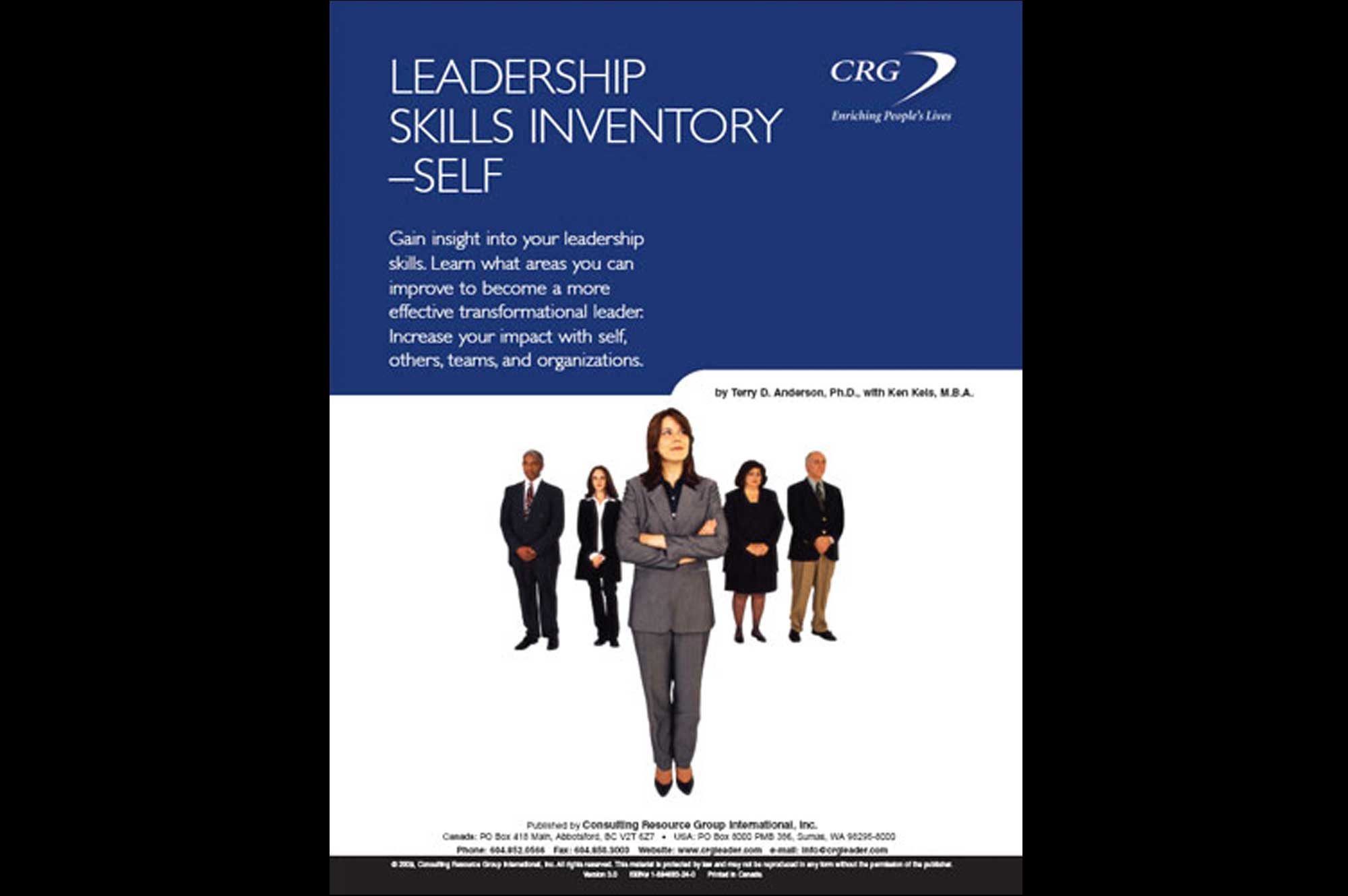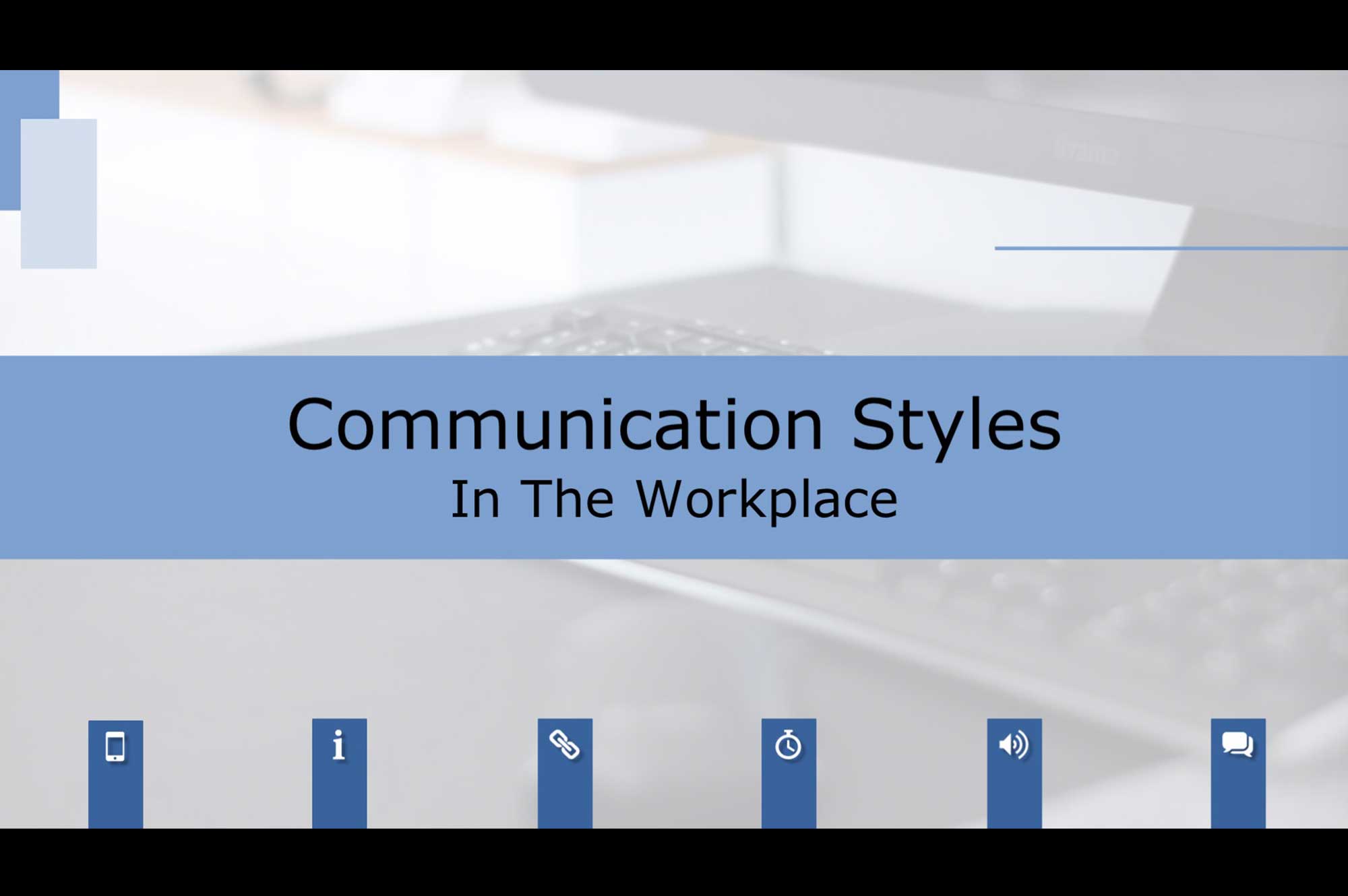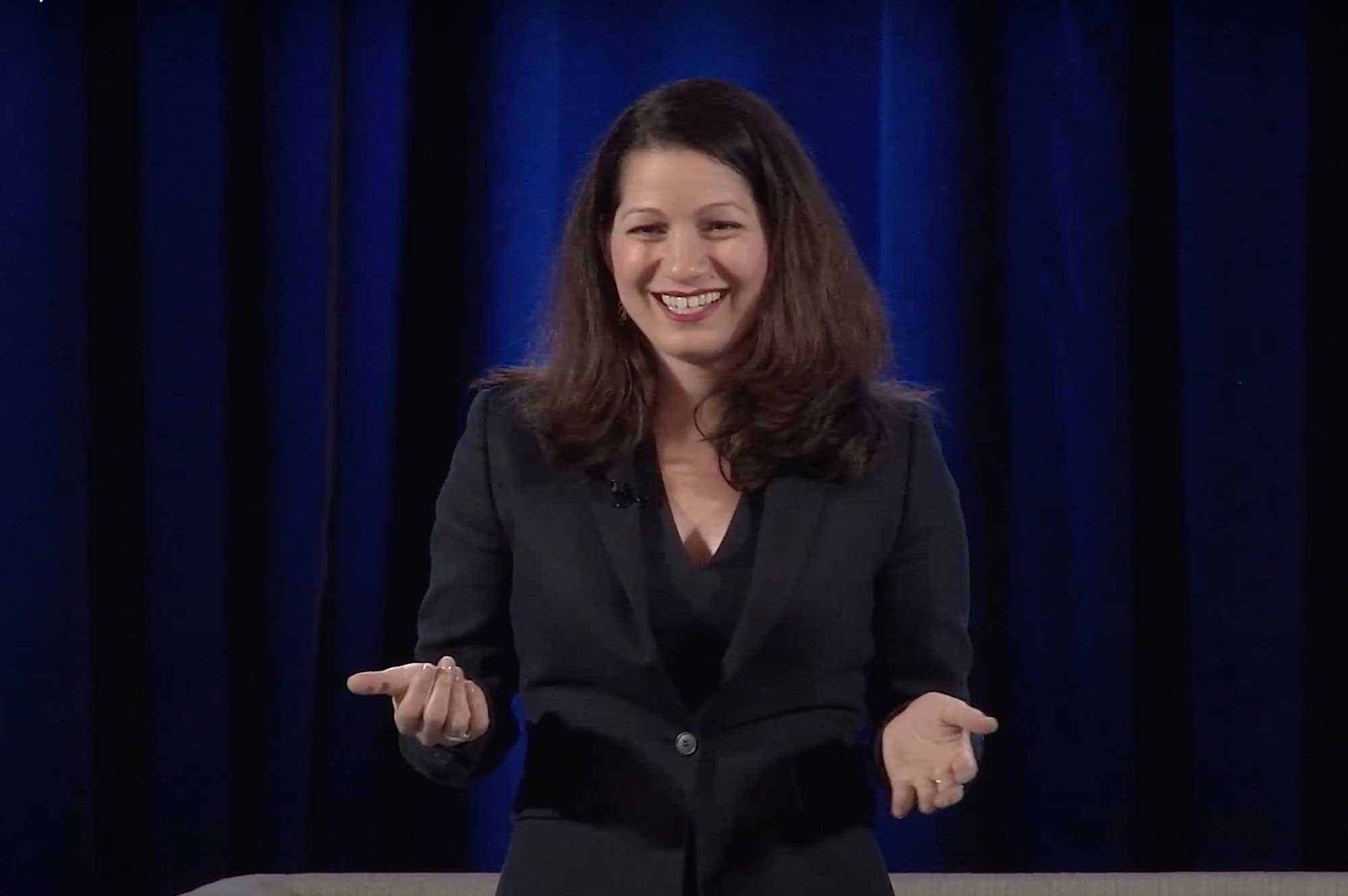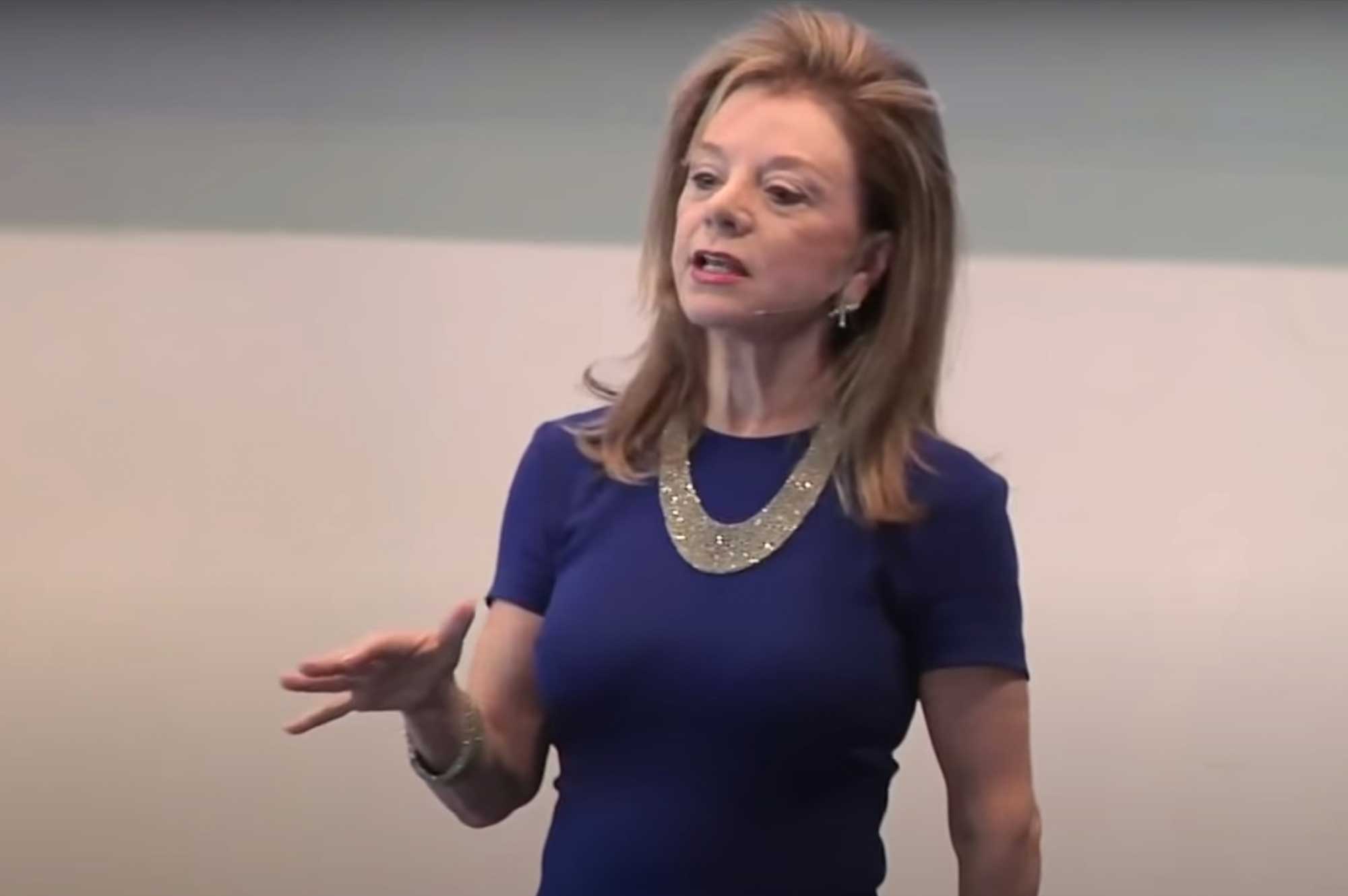Effective communication demonstrates the leader’s honesty, inclusiveness, and accessibility.
Leaders demonstrating this competency set up regular communications with their team to keep them informed. They demonstrate effective interpersonal skills and can negotiate and manage conflict when necessary. Leaders with strong communication skills consistently demonstrate expertise in multiple modes of communication and alter their approach where appropriate. They anticipate the needs of different audiences. Their information is presented seamlessly and logically, and they regularly follow up to ensure understanding.
Developing strong communication skills allows leaders to clearly and effectively deliver their message and vision in a variety of settings. It also provides them with the ability to form stronger relationships, to give and receive feedback on performance.
While verbal communication is the most obvious form, listening skills are equally important. Strong leaders are skilled listeners who can actively engage when others are speaking and gather significant amounts of information using good questioning skills. They also pay attention to the tone and body language of the speaker with the understanding that non-verbal communication is a critical component of this competency.
Studies have shown that people pay more attention to the actions and non-verbal cues of a speaker than the words being spoken. Non-verbal cues can include: facial expressions, hand motions, body posture and eye movement. When leaders develop consistency between their verbal and non-verbal communication their message becomes more convincing and they build trust more readily.
These courses are ones recommended by B.C. Corrections to fulfill the competencies for the topic of Communication.
Look here for a random selection of additional audio, video, and readings to expand an understanding of Communication.



